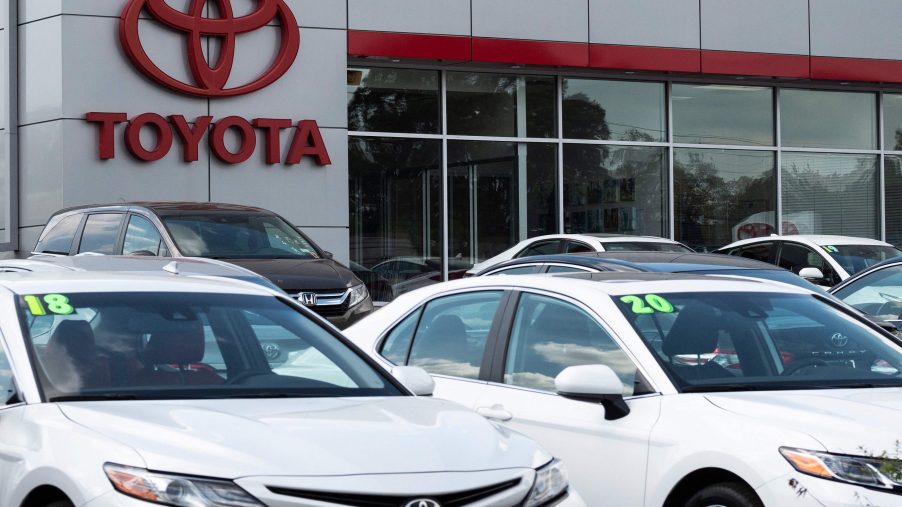
Buying a New Car Won’t Be Any Cheaper in 2023 and Here’s Why
Now might be one of the worst times in history to buy a new car. And with new car prices sky-high, most people may not be able to afford one. But if you had hopes that the market would stabilize in 2022, you might be mistaken. CBS reports that, as of now, new cars may not get any cheaper until 2023.
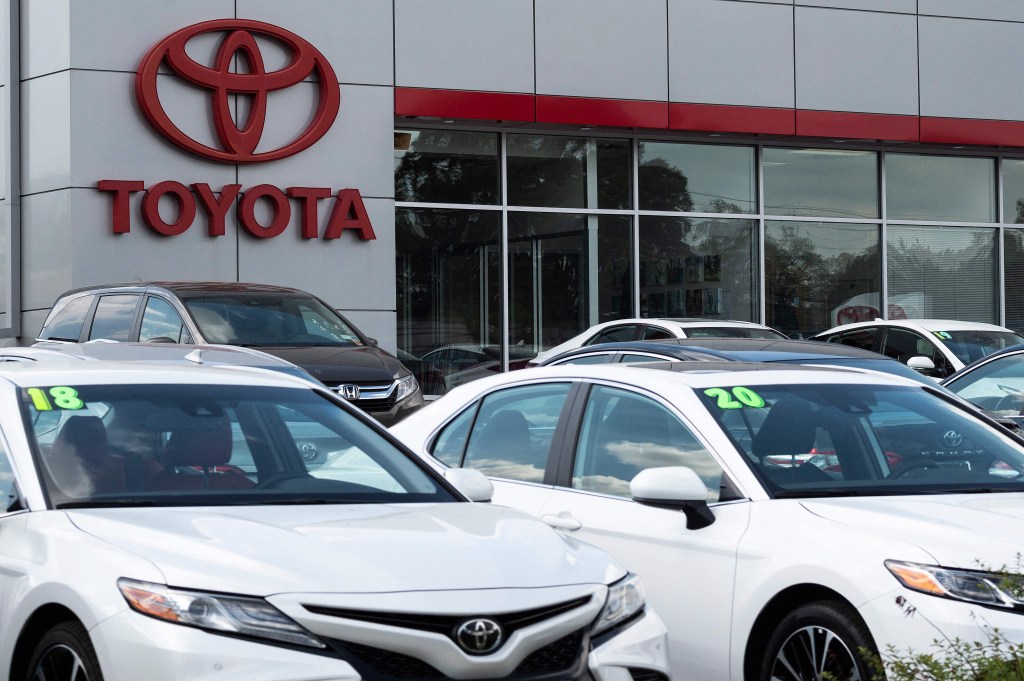
A devastating crossover between Covid-19 and chip shortages
Most people in the market for a car have heard of the infamous chip shortage, which has affected every automaker in some capacity. And surely you’ve heard of that pandemic we’re still dealing with. Well, before, the two were separate problems.
Covid hit and manufacturers poorly predicted that people wouldn’t be buying new cars, so they slowed production. Then, out of nowhere, new car purchases skyrocketed, and manufacturers couldn’t keep up with demand. Likewise, the purchasing of smartphones and electronics made semiconductors scarce. But now, the two problems are overlapping.
Malaysia is a key player in the production and distribution of these chips. But they’re also experiencing a massive spike in Covid cases, hit hard by the even more infectious Delta variant. With people sick, there are fewer in-person jobs and more closures occurring across the country. In short, there are fewer conductors being built in the middle of this shortage, and production won’t turn around until people are vaccinated.
This chip shortage sequel is causing more automakers to back down, severely limiting how much they produce. Even automakers like Toyota, who weathered the semiconductor storm fairly well, are closing their plants.
Automakers are still closing down their factories due to chip shortages
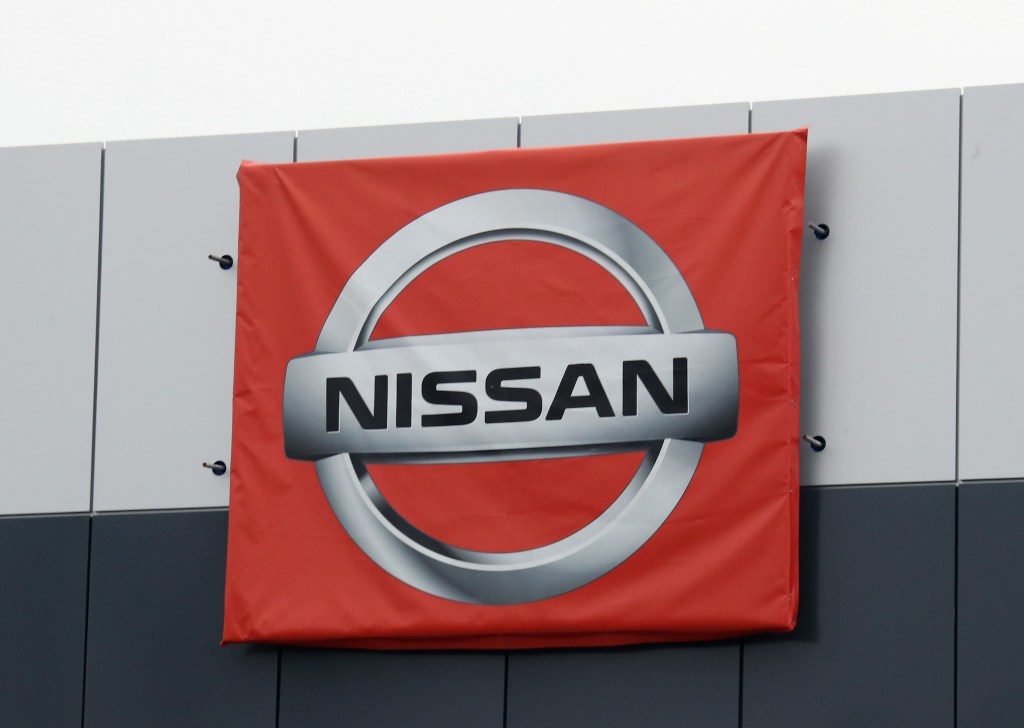
Toyota just announced that, for the next couple of months, production will be slashed by 40%. This is after they powered through the bulk of the shortage without skipping a beat, something many other automakers haven’t been able to achieve.
Nissan closed their six million square foot factory in Smyrna, Tennessee, with plans to reopen on August 30th. However, that date was pushed back to September 13th. Honda dealerships are also bracing for bare lots as the company adjusts their production output as well.
Then there are automakers like Tesla, who will be basing the rest of the year’s production and success around how many chips they can get. While they’ve avoided the shortage for the cars they currently make, it’s the slowest part of their supply chain, and Elon Musk himself went out to say “the chip supply is fundamentally the governing factor on our output. It is difficult for us to see how long this will last.”
But that isn’t even the worst of Automaker’s problems, as semiconductors aren’t the only part that’s facing limited production.
Semiconductors aren’t the only car parts that are hard to come by
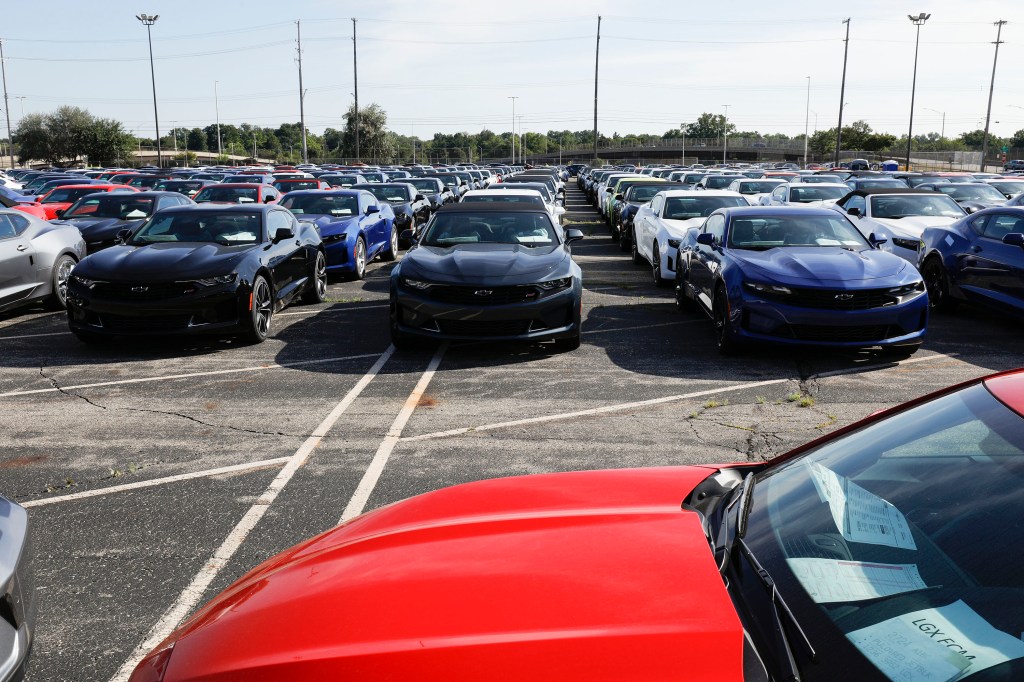
The Covid outbreak in Malaysia, and many Asian countries, affects more than just semiconductors and cars. Wiring harnesses, glasses, and plastics are also in short supply for the same reason semiconductors are. Though, one could say they’re fairing worse.
Chip orders from nine months ago are just starting to arrive, while other products with greater demands, such as ones made from plastics, are still set back. Think of it this way: a lot of laptops are made from plastic, and every laptop has a semiconductor in it. But not every kitchen utensil has a semiconductor, even if a lot of those are made of plastic. You get the semiconductors sooner (though I wouldn’t call nine months “soon”) since you use less of them.
With Covid forcing factories to close, supply chains across the country are being set back. From farm equipment to kitchen appliances, supply isn’t able to keep up with demand. This is incredibly unsettling considering demand now is lower than at the start of the pandemic. Especially when it comes to cars.
People aren’t buying cars as much… again
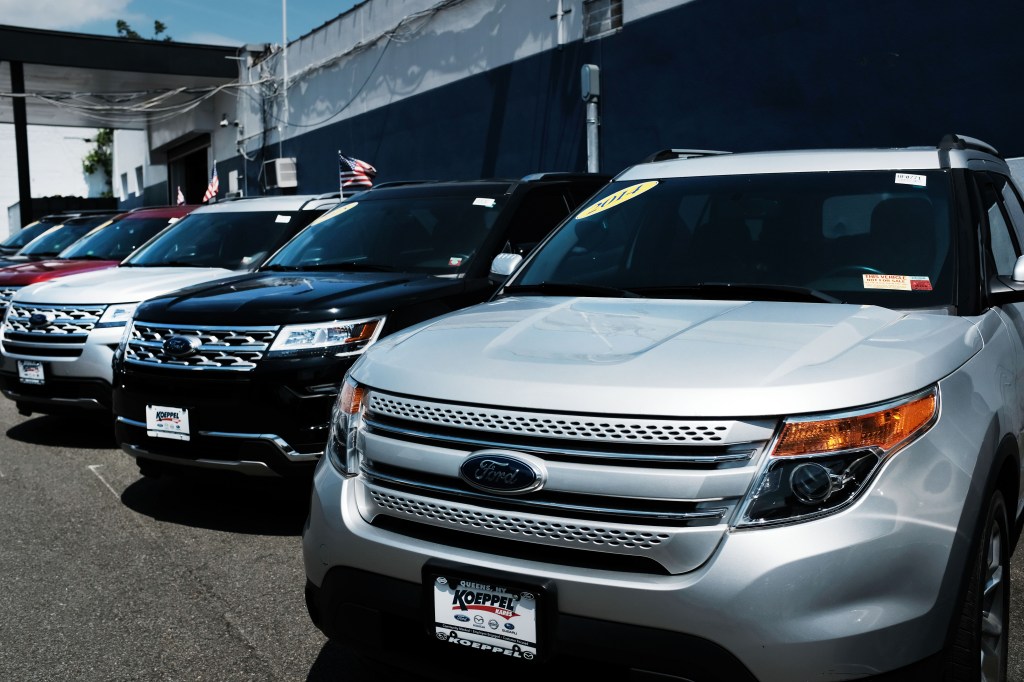
New vehicle sales dipped in April of 2020 due to the pandemic but rose rather quickly up until April of this year. However, ever since then, new car purchases have been going down. In August, new vehicle sales were down 18%. According to Oxford Economics researcher Mahir Rasheed, that’s “the lowest since late 2011 during the recovery from the Global Financial Crisis.”
Perhaps automakers are lucky people are buying fewer cars, as that means they don’t have to make as many to meet higher demand. But on the flip side, because they’re selling fewer vehicles, they have to make money somehow. The only way to do that is by charging a lot of money for each individual car, which is made easy to do through financing programs and so forth.
So dealerships are expected to be baren, thanks to limited production and short supplies. But because of the high prices, people are finally starting to clue in that now isn’t the time to buy a new car. And so long as Malaysia, and other Asian countries are slowed by the Delta variant, production will also hinder.


